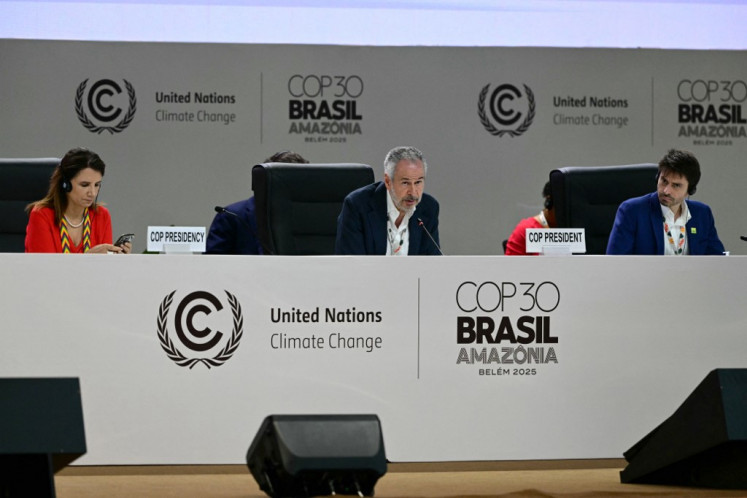At the 30th Conference of the Parties (COP30) to the UNFCCC, negotiators unveiled a draft agreement that notably excludes any references to fossil fuels, representing a significant change in global climate policy. Finalized late Tuesday, the draft emphasizes a swift transition to renewable energy technologies and improved energy efficiency across various sectors. Key targets include substantial reductions in greenhouse gas emissions by 2035, alongside financial support mechanisms for developing nations transitioning to green energy, ensuring that economic growth aligns with environmental sustainability.
Environmental groups have praised the draft, viewing the removal of fossil fuel references as a crucial advancement in combating climate change. This focus on sustainable energy solutions is seen as promoting a more inclusive and progressive approach to climate action, distancing from contentious historical debates over fossil fuels.
Conversely, some industry representatives harbor concerns regarding the economic ramifications of the agreement. They caution that a rapid move away from fossil fuels could destabilize energy markets and threaten jobs in traditional sectors, advocating for a more balanced strategy that harmonizes environmental aims with economic stability.
The draft deal will soon undergo review and may be ratified by member countries. Should it be adopted, it is poised to set a new benchmark for climate policy, prioritizing sustainable development and carbon emissions reduction. The international community is closely observing these developments, recognizing the agreement’s potential to significantly influence future global energy usage and environmental practices.












Is it just me or does excluding fossil fuels from COP30 seem short-sighted? What about a balanced approach?
Why are we still dancing around the issue of fossil fuels at COP30? Its time to take real action! #ClimateChange #FossilFuels 🌍🔥
Why ignore the elephant in the room? Fossil fuels are a major player in climate change discussions at COP30. #OpinionsWelcome
Why exclude fossil fuels in COP30 draft agreement? Isnt it a crucial conversation to have for a sustainable transition? Lets discuss!